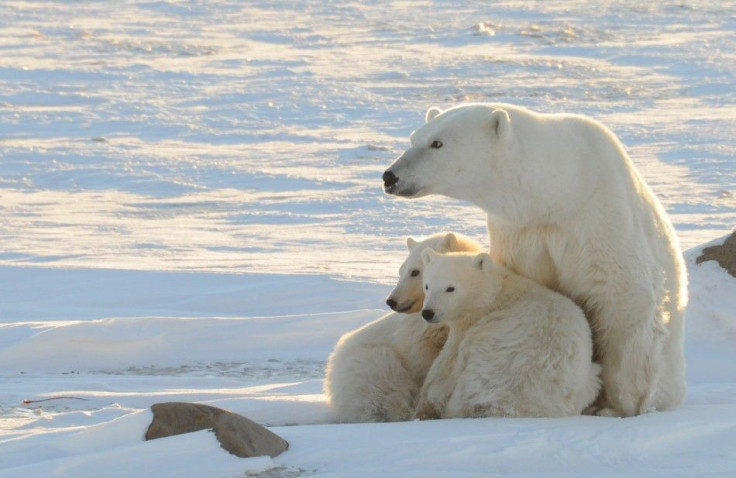Global Warming Causing Plants, Animals to Flee Upwards and Reshuffle

In response to rising temperatures, animals worldwide are seeking higher altitudes and heading north much faster than than they did about a decade ago, a new study says.
Along with migration, researchers at the University of York have also identified a new phenomenon called reshuffling as shifting species comes in contact with other species in a new pattern. The consequences for the health of ecosystems are unknown.
The study reveals that species have moved toward the poles where the conditions are cooler at almost three times the normal rate and also toward higher altitudes at twice the previous known rate.
A study of more than 1,300 different species of animals and plants by the research team has shown a specific trend of movement. On average, species have shifted to higher elevations at 12.2 meters per decade and, more dramatically, to higher latitudes at 17.6 kilometers per decade.
These changes are equivalent to animals and plants shifting away from the equator at around 20 cm per hour, for every hour of the day, for every day of the year. This has been going on for the last 40 years and is set to continue for at least the rest of this century, stated project leader Chris Thomas, professor of conservation biology at York.
While for some species, global warming made them shift to new, cooler locales, some others moved to new zones to colonize.
We were able to calculate how far species might have been expected to move so that the temperatures they experience today are the same as the ones they used to experience, before global warming kicked in. Remarkably, species have on average moved towards the poles as rapidly as expected, stated co-author Dr Ralf Ohlemüller, from Durham University.
There are many underlying implications of this study related to global warming and species extinction.
Realization of how fast species are moving because of climate change indicates that many species may indeed be heading rapidly towards extinction, where climatic conditions are deteriorating. On the other hand, other species are moving to new areas where the climate has become suitable; so there will be some winners as well as many losers, said Thomas.
© Copyright IBTimes 2024. All rights reserved.





















